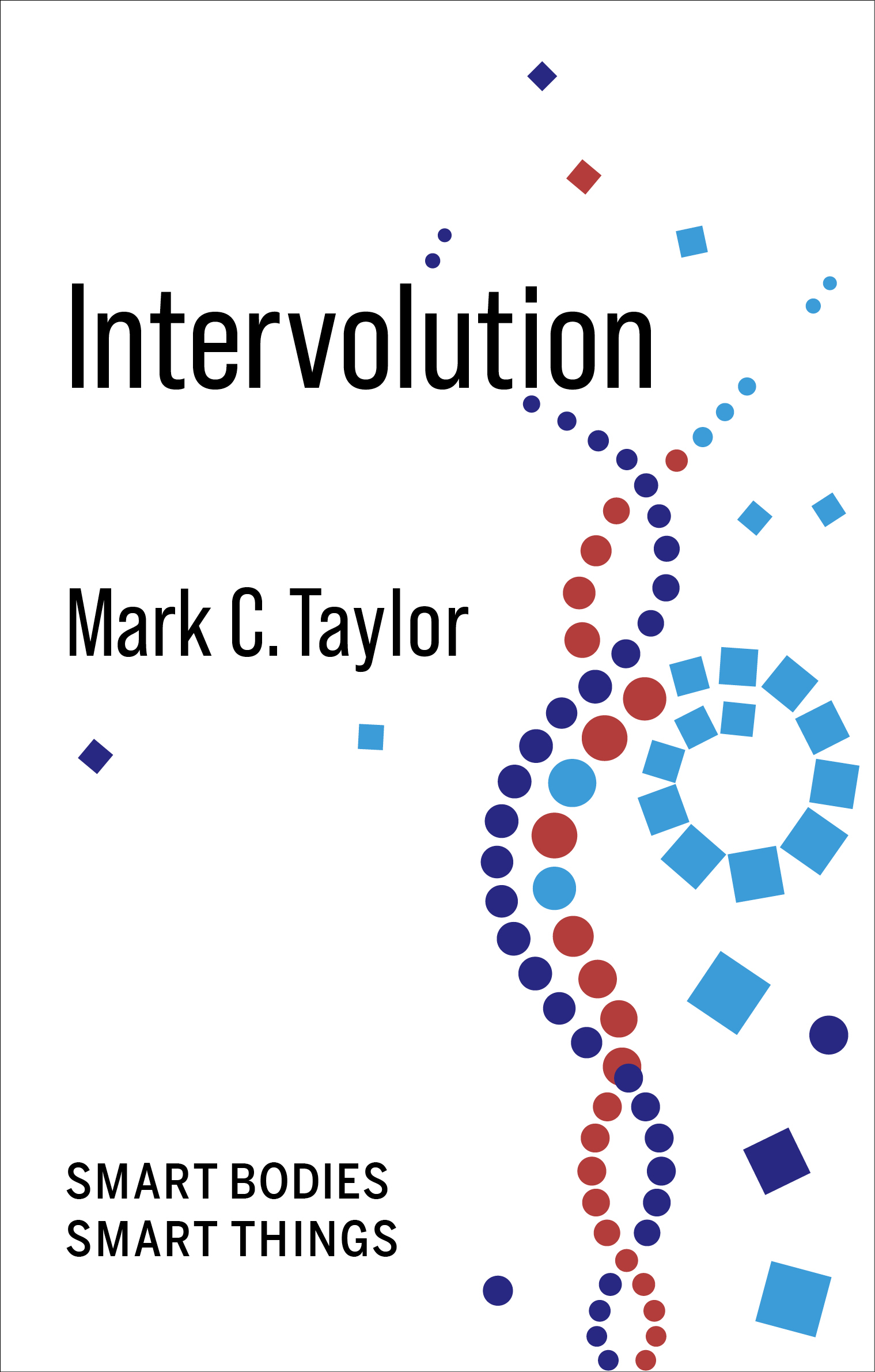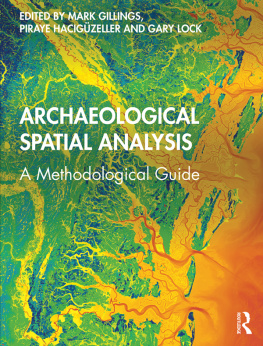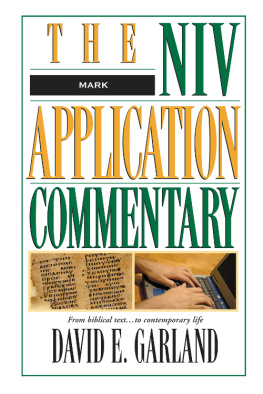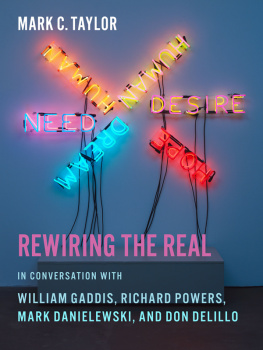Mark C. Taylor - Intervolution
Here you can read online Mark C. Taylor - Intervolution full text of the book (entire story) in english for free. Download pdf and epub, get meaning, cover and reviews about this ebook. publisher: Columbia University Press, genre: Politics. Description of the work, (preface) as well as reviews are available. Best literature library LitArk.com created for fans of good reading and offers a wide selection of genres:
Romance novel
Science fiction
Adventure
Detective
Science
History
Home and family
Prose
Art
Politics
Computer
Non-fiction
Religion
Business
Children
Humor
Choose a favorite category and find really read worthwhile books. Enjoy immersion in the world of imagination, feel the emotions of the characters or learn something new for yourself, make an fascinating discovery.

- Book:Intervolution
- Author:
- Publisher:Columbia University Press
- Genre:
- Rating:5 / 5
- Favourites:Add to favourites
- Your mark:
- 100
- 1
- 2
- 3
- 4
- 5
Intervolution: summary, description and annotation
We offer to read an annotation, description, summary or preface (depends on what the author of the book "Intervolution" wrote himself). If you haven't found the necessary information about the book — write in the comments, we will try to find it.
Intervolution — read online for free the complete book (whole text) full work
Below is the text of the book, divided by pages. System saving the place of the last page read, allows you to conveniently read the book "Intervolution" online for free, without having to search again every time where you left off. Put a bookmark, and you can go to the page where you finished reading at any time.
Font size:
Interval:
Bookmark:

Intervolution
NO LIMITS
NO LIMITS
Edited by Costica Bradatan
The most important questions in life haunt us with a sense of boundlessness: there is no one right way to think about them or an exclusive place to look for answers. Philosophers and prophets, poets and scholars, scientists and artistsall are right in their quest for clarity and meaning. We care about these issues not simply in themselves but for ourselvesfor us. To make sense of them is to understand who we are better. No Limits brings together creative thinkers who delight in the pleasure of intellectual hunting, wherever the hunt may take them and whatever critical boundaries they have to trample as they go. And in so doing they prove that such searching is not just rewarding but also transformative. There are no limits to knowledge and self-knowledgejust as there are none to self-fashioning.
Aimlessness, Tom Lutz
Touch: Recovering Our Most Vital Sense, Richard Kearney
Intervolution
Mark C. Taylor
SMART BODIES
SMART THINGS
Columbia University Press
New York

Columbia University Press
Publishers Since 1893
New York Chichester, West Sussex
cup.columbia.edu
Copyright 2021 Columbia University Press
All rights reserved
E-ISBN 978-0-231-55253-0
Library of Congress Cataloging-in-Publication Data
Names: Taylor, Mark C., 1945 author.
Title: Intervolution : smart bodies smart things / Mark C. Taylor.
Description: New York : Columbia University Press, [2020] | Series: No limits | Includes bibliographical references and index.
Identifiers: LCCN 2020017703 (print) | LCCN 2020017704 (ebook) | ISBN 9780231198202 (hardback) | ISBN 9780231198219 (trade paperback)
Subjects: LCSH: Medical innovations. | Prosthesis. | Human body and technology. | Biomedical engineering. | TechnologySocial aspects.
Classification: LCC RA418.5.M4 T37 2020 (print) | LCC RA418.5.M4 (ebook) | DDC 610.28/4dc23
LC record available at https://lccn.loc.gov/2020017703
LC ebook record available at https://lccn.loc.gov/2020017704
A Columbia University Press E-book.
CUP would be pleased to hear about your reading experience with this e-book at .
Cover design: Lisa Hamm
For
Robin Goland
and her colleagues at the Naomi Berrie Diabetes Center

We have to think of the body plugged into a new technological terrain.
STELARC
A gricultural Revolution. Industrial Revolution. Information Revolution. Internet Revolution. When revolution becomes the normal condition, emergent developments no longer seem revolutionary. Nevertheless, as disruptive technologies appear at an accelerating rate and global networks continue to expand and become more invasive, the world seems to be rushing toward some kind of inflection point. This turn of events provokes both utopian and dystopian visions of the future. For some of Silicon Valleys true believers, new digital and networking technologies are converging with innovations in neuroscience, nanotechnology, and genetic engineering to usher in what has been dubbed the Singularity, which promises to launch human beings into a new stage of evolution where all ills will be cured and even death will be overcome. Entrepreneurs and investors with more worldly concerns are convinced that the same technologies create the prospect of expanding markets that will generate vast wealth. Many thoughtful critics, however, interpret these developments differently. The optimism of the early days of personal computers and the Internet has given way to anxiety about a panoptical world in which privacy vanishes as personal images and data are bought and used for pernicious economic and political purposes. Technologies that had been promoted as vastly increasing freedom of choice for individuals now threaten the very foundations of democratic societies. As the reach of an invisible network state grows, more and more citizens and politicians are calling for the regulation and even the dismantling of the high-tech companies in which so much hope has recently been invested. Right or left. Red or Blue. Technophilic or technophobic. Utopian or dystopian. As always, both extremes are misleading.
While there is no doubt that digital technologies are changing our minds and bodies in many unpredictable ways, the Promethean dreams of technological gurus like Ray Kurzweil, Jeff Bezos, Elon Musk, and their epigones are, unbeknownst to them, the latest version of Nietzsches will to power and Heideggers will to mastery. While a few may thrive, many more struggle and even suffer. When the will to control is out of control, natural processes and disempowered human beings become standing reserves exploited by those who hold the digital advantage. The dreams of some people are the nightmares of others. Technologies that were supposed to unite different people around the world and increase communication and cooperation have turned out to be so divisive they are creating disagreements and conflicts between and among groups that no longer even try to understand each other. Social media, paradoxically, are antisocial. Furthermore, the combination of high-speed computers, networked mobile devices, proliferating cameras and sensors, and Big Data has created a condition of asymmetrical transparency that has led to a surveillance state designed to support surveillance economies. Whereas, in industrial capitalism, those who owned the means of production had the power, in surveillance capitalism, communism, and socialism, those who own the networks and control the data have the power. As the abuses of digital technologies spread, there are louder and louder calls for regulation and reform. A growing number of informed and informative books and articles sound the alarm about current and projected developments. While in no way minimizing the importance of these works, I undertake a different task in this book.
Without a doubt, there is an urgent need for thoughtful assessment and oversight of the technologies that are shaping our future. Effective policies must be developed by people who understand not only the dangers but also the potential for these technologies to improve life and alleviate human suffering. Nowhere are these possibilities greater today than in the area of medical research and development. In the following pages, I will consider some of the ways in which the same image-processing and voice recognition technologies, as well as tracking devices that are being used for political, economic, and even criminal surveillance, and apps that are being used for real and fake targeted political ads and customized marketing are also being used to monitor patients and deliver precision medical care. Networked medical devices monitored by vigilant algorithms are allowing patients to live longer without the debilitating complications that so many terrible diseases often bring. Technology is never neutralit can always be used for good and for ill. It would be a serious mistake to allow the abuse of advanced information and networking technologies to disrupt medical research and prevent the deployment of digital devices that are already saving lives.
Finally, a word about the title of this book
Font size:
Interval:
Bookmark:
Similar books «Intervolution»
Look at similar books to Intervolution. We have selected literature similar in name and meaning in the hope of providing readers with more options to find new, interesting, not yet read works.
Discussion, reviews of the book Intervolution and just readers' own opinions. Leave your comments, write what you think about the work, its meaning or the main characters. Specify what exactly you liked and what you didn't like, and why you think so.








